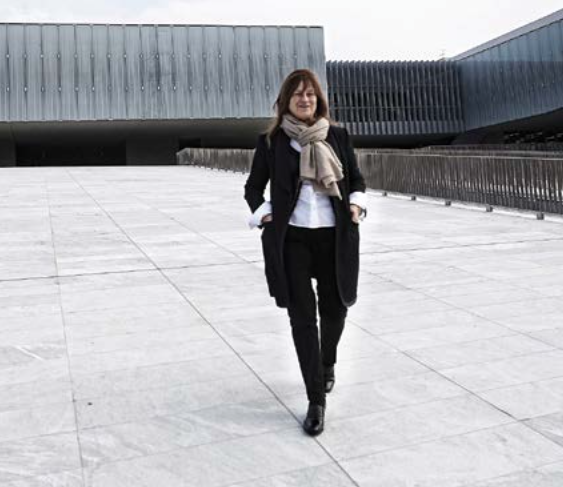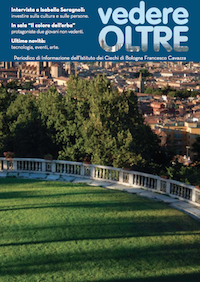
Investing in the territory part of the resources that come from the business sector can provide a sense of belonging to the community.
This article follows our exploration on the impact of reduced public resources as a result of the continuing economic crisis, with now permanent and structural effects on the delivery of assistance to vulnerable people. We met Mrs. Isabella Seragnoli, successful entrepreneur and patron for many years, and quite involved in the Bolognese community and beyond. Mrs. Seragnoli is President of Coesia, a holding company with participation in very successful Italian and international businesses. She is head of the Foundation which bears her name, and is committed to charitable activities and learning projects such as the MAST Foundation (which stands for Arts, Experience and Technology) with its multipurpose and exhibition centre headquartered in Bologna. We asked Mrs. Seragnoli her opinion on the situation relating to the lack of resources guaranteed by public administration, and on the opportunities for remedial action that this can mean to private individuals.
The contribution of citizens and businesses to welfare: Is it a moral commitment or an opportunity for economic and social development?
As an entrepreneur, I think we have a duty and a responsibility to assume our role in society, virtuously managing resources to forms of donations, an avenue that my family had already undertaken in the past. Investing in the territory and the community part of the resources that come from the business sector, and in particular managing them in business terms, can provide one a sense of belonging to the community. We started thinking about MAST more than fifteen years ago, driven by the conviction that industrial enterprise is a means of growth able to create social as well as economic value. The idea of MAST was designed in this spirit. It is a productive centre of culture accommodating new and more qualified functions for company stakeholders, also available for use by the community.
The business of culture and the corporate culture: What are the main reasons that drive an entrepreneur to support cultural initiatives and institutions?
Investing in culture means investing in people. With MAST, we wanted to foster a cultural process aimed at change, addressing in particular the younger generation in a perspective of motivation for innovation, entrepreneurship, technology, characteristics that have always defined Emilia Romagna, one of the best regions in our country for entrepreneurship. To this end, the Gallery offers experiential learning, designed according to the principles of edutainment where an abstraction of mechanical technology is represented as well as a space dedicated to industrial photography.
Philanthropy in 2015: Is it an opportunity or a necessity?
I have always thought that those who have inherited or created a legacy have as well the responsibility to make use of it towards the needs of the territory. The legacy remains private, but since it and whoever owns it are part of the community, one would hope that the needs of the community and the role of the economic resources on society would be taken into account. In the interest of all, of course. We should strive for a model of entrepreneurial philanthropy which would make resources and skills available to the community. The responsibility, therefore, is twofold: on the one hand, taking into account the needs and contributing to satisfy them and, on the other hand, managing the legacy with a business approach in order to generate new resources.






.png)